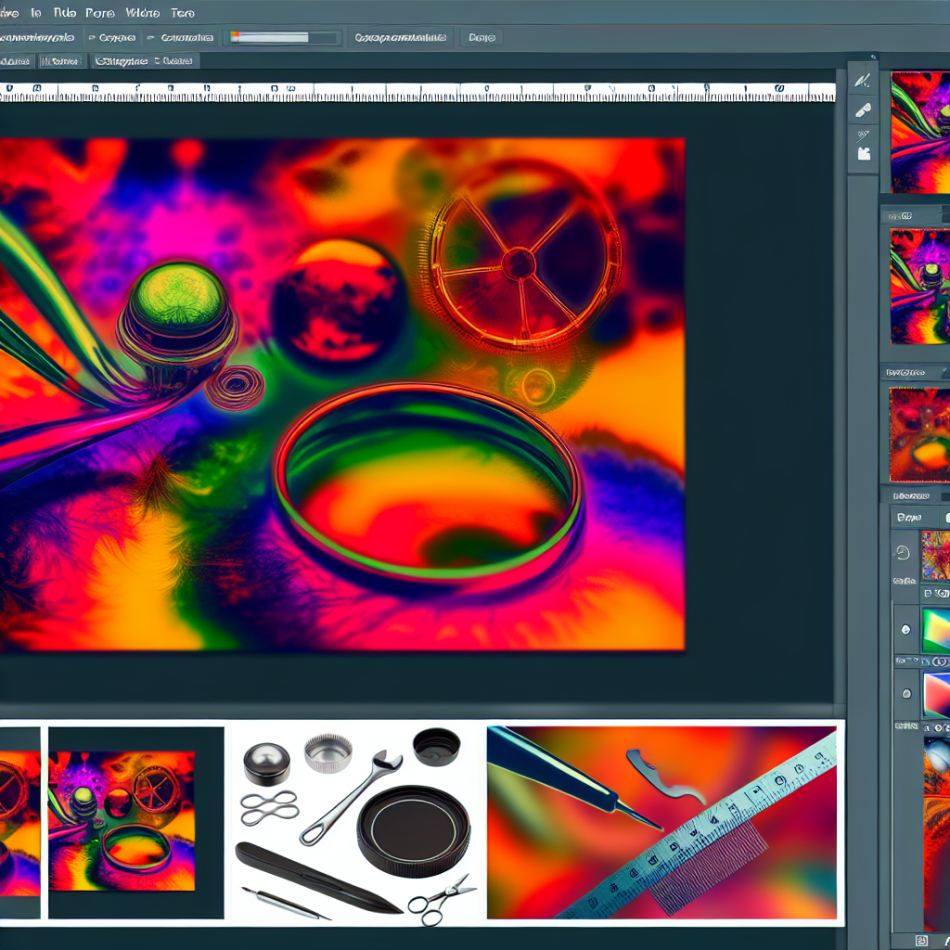For neurodivergent individuals, tasks like reading, focusing, or writing can present unique challenges. Thankfully, technology offers solutions tailored to diverse needs. Chrome extensions, in particular, provide accessible, cost-effective tools to personalise workflows and mitigate barriers. This article explores standout extensions that enhance readability, sustain concentration, and streamline writing—empowering neurodivergent users to thrive in digital spaces.
Understanding Neurodiversity and the Role of Assistive Technology
Neurodiversity encompasses conditions such as ADHD, dyslexia, autism, and others, where individuals process information differently. Traditional methods of reading or writing may not align with their cognitive styles, leading to frustration or burnout. Assistive technology, like Chrome extensions, bridges this gap by offering adaptable solutions. These tools don’t “fix” neurodivergence but instead create environments where diverse minds can operate more effectively.
Enhancing Reading Comprehension and Accessibility
Reading-heavy tasks can overwhelm neurodivergent users due to text density, distracting layouts, or processing delays. Extensions like BeeLine Reader apply gradient colour tints to text, easing eye strain and improving tracking. For those who benefit from auditory learning, Read Aloud converts web pages into natural-sounding speech, allowing users to listen at their preferred pace. Meanwhile, HelperBird offers dyslexia-friendly fonts, text magnification, and contrast adjustments, making content accessible for users with visual processing differences.
Key benefits of these tools include:
- Reduced cognitive load through visual customisation
- Multi-sensory engagement (e.g., combining text and audio)
- Control over reading speed and presentation
Boosting Focus in a World Full of Distractions
Maintaining focus is a common struggle, particularly for those with ADHD. Chrome extensions like StayFocusd tackle this by blocking time-wasting websites during designated work periods. For a more ambient approach, Momentum replaces the new-tab page with calming visuals, to-do lists, and daily goals, reducing decision fatigue. Additionally, Simple Blocker lets users create custom blocklists and schedules, fostering accountability.
These tools address executive function challenges by:
- Minimising digital distractions
- Providing visual reminders of priorities
- Encouraging structured time management
Supporting Writing Clarity and Creativity
Writing demands organisation, grammar precision, and idea generation—areas where neurodivergent individuals might face hurdles. Grammarly offers real-time grammar checks and tone suggestions, easing the editing process. For those with dysgraphia or ADHD, Co:Writer predicts words and phrases as users type, reducing mental fatigue. Creative thinkers benefit from Read&Write, which includes a vocabulary tool to simplify complex language and a voice note feature for capturing ideas without typing.
Such extensions enhance writing by:
- Automating technical corrections
- Offering predictive text support
- Facilitating alternative idea-expression methods
Personalising the Experience for Maximum Benefit
While these tools are powerful, their effectiveness hinges on personalisation. Neurodivergent needs vary widely—what works for one person may not suit another. Experimentation is key: combine text-to-speech with focus timers, or pair writing aids with distraction blockers. Many extensions allow granular settings, such as adjusting colour schemes or customising blocklists. Users should also reassess their toolkit periodically, as needs evolve over time.
Critical considerations include:
- Layering complementary tools without causing overload
- Adjusting settings based on specific sensory preferences
- Seeking community recommendations for lesser-known extensions
Chrome extensions designed for reading, focus, and writing can significantly improve productivity and reduce stress for neurodivergent users. By leveraging tools like BeeLine Reader, StayFocusd, or Grammarly, individuals gain control over their digital environments. The key lies in personalising these resources to align with one’s unique cognitive style. Ultimately, such technologies aren’t just about efficiency—they foster inclusivity, allowing neurodivergent minds to shine.
